News
YEAR OF NEWS :

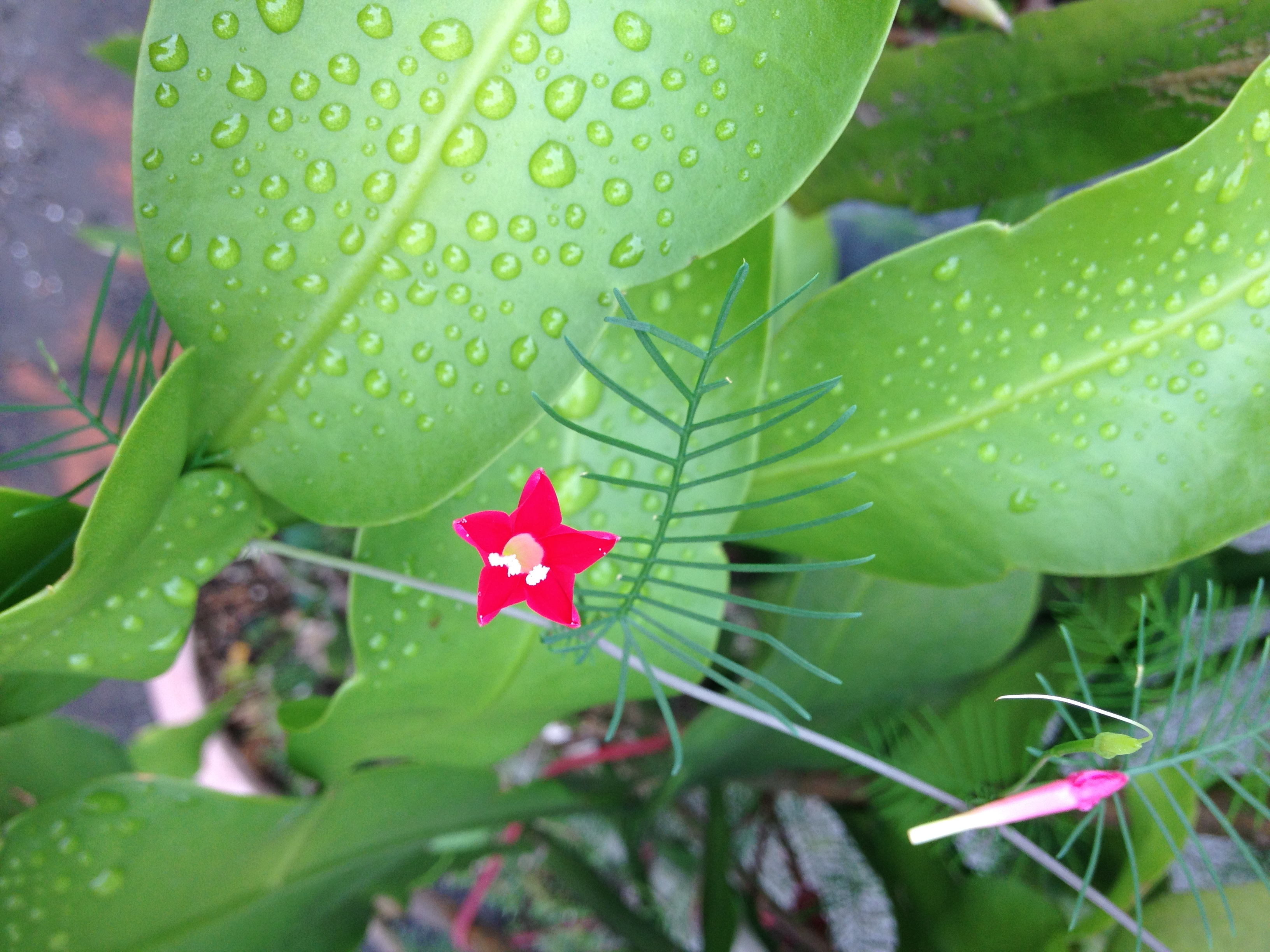
Monday, December 25, 2017
The state of one's mind tends to be susceptible to temptations and stimulations in the external environment, thus creating emotional fluctuations ranging from uneasy feelings to severe loss of equanimity. If one employs the safeguard of protecting the spiritual environment when situations arise, one can simply maintain calmness and inner stability, or go deeper to become free and at ease.
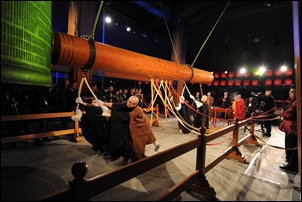
On the Chinese New Year’s Eve, the bronze Lotus Bell inscribed with the whole Lotus Sutra, the first of its kind in the world, sounded its toll as thousands of participants lighted up their inner brightness for the coming new year, amid the ocean of lanterns on Dharma Drum Mountain.
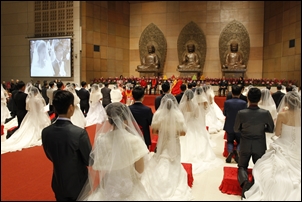
Dharma Drum Mountain held its 22nd Buddhist-style group wedding ceremony, an effort to promote protection of the social environment and encourage establishment of more Buddhist families, at the Dharma Drum World Center for Buddhist Education at 2:30 pm on January 15. Forty-nine couples from home and abroad and hundreds of their friends and relatives participated in the ceremony.
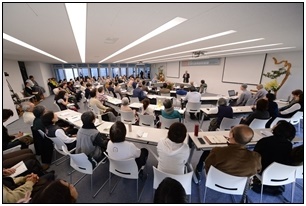
Promoting Chinese Buddhism had always been a mission of the founder of Dharma Drum Mountain, Master Sheng Yen, who considered Buddhist education as being essential to the future development of Chinese Buddhism. The second Forum on Chinese Buddhism in Recent and Contemporary History, organized by the Sheng Yen Education Foundation, took place at Baoyun Monastery in Taichung from December 18 to 20, 2016, drawing around 20 scholars from Taiwan, China, Hong Kong, France, and the US, who dealt with the problems and challenges of modern Chinese Buddhism in terms of Buddhism education, as well as its future opportunities and direction.
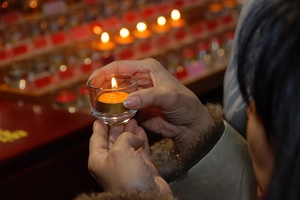
During Chinese New Year, many people go to temples to pray for blessings and prosperity. As a token of faith, they light lamps before the Buddha, praying for their wishes to be fulfilled and granted through the Buddha or a bodhisattva’s spiritual responses. To light a lamp in front of the Buddha is to light up our inner brightness, and the world as well, just as the sun shines on all sentient beings and the rain nurtures all creatures. It corresponds with the spirit of the Bodhisattva and reflects the meaning of lighting the lamp.

It is traditional for Chinese people to visit with each other when New Year comes; during these visits, they often drink tea together and chat, enjoying the opportunity to catch up with those they miss in their daily lives. Through the leisurely activity of drinking tea, friends, family, and even strangers come together and joyfully celebrate the New Year.
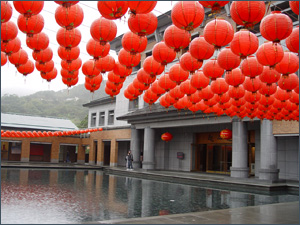
Making New Year’s visits is a traditional custom of the Chinese New Year. It is a way for people to exchange greetings and offer well-wishing to one another during the holiday. In fact, the original meaning of Chinese New Year is that it is a blessed time in which people should pay respects and offer their best wishes to one another.
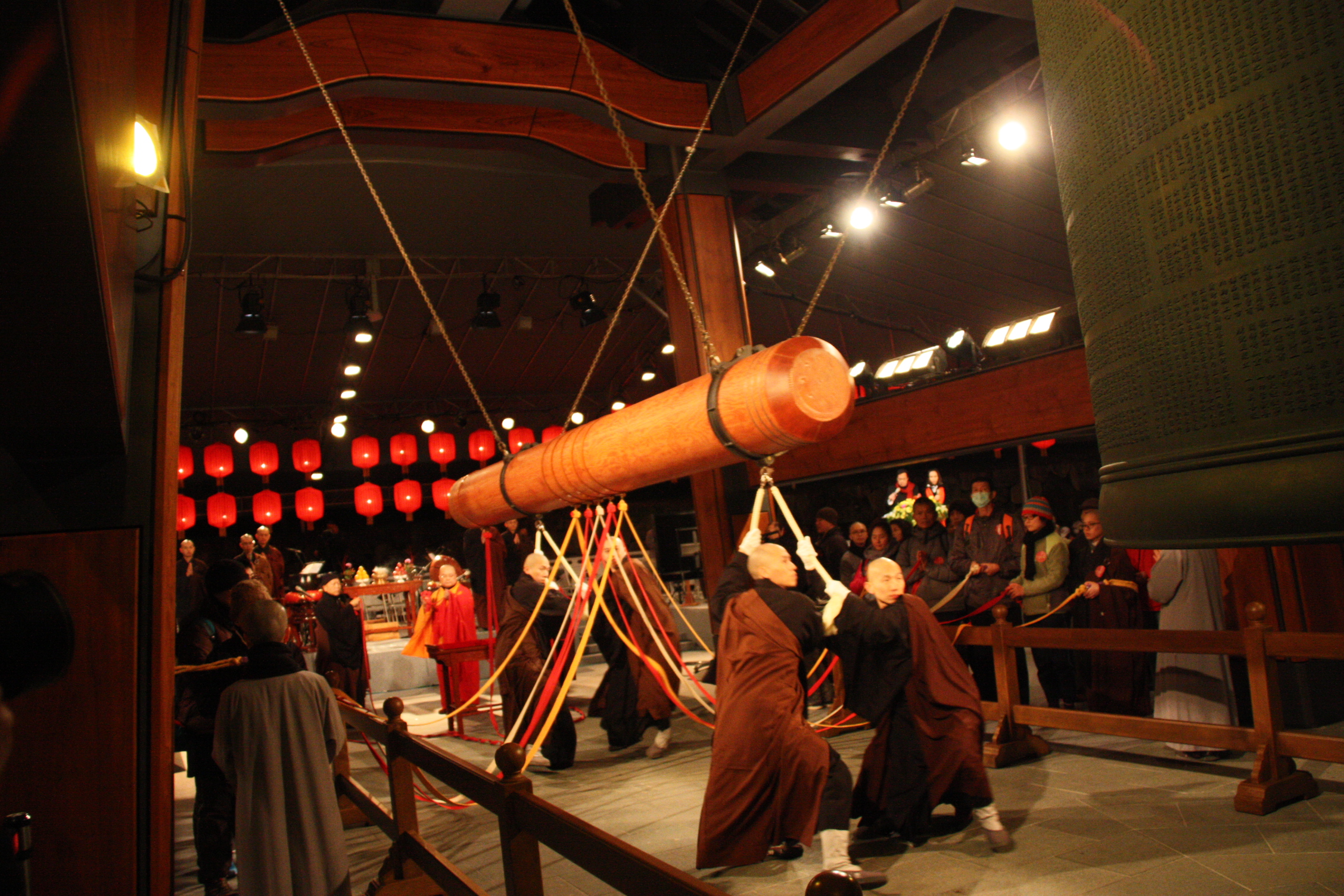
On New Year’s Eve, the last day of the Chinese lunar calendar, the bell in the monastery will be rung 108 times, to bid farewell to the past and to welcome the future. In Buddhism, all vexations that arise from the six sense organs can be categorized into 108 different types; thus, ringing the bell 108 times represents the elimination of these vexations from the past, present and future.
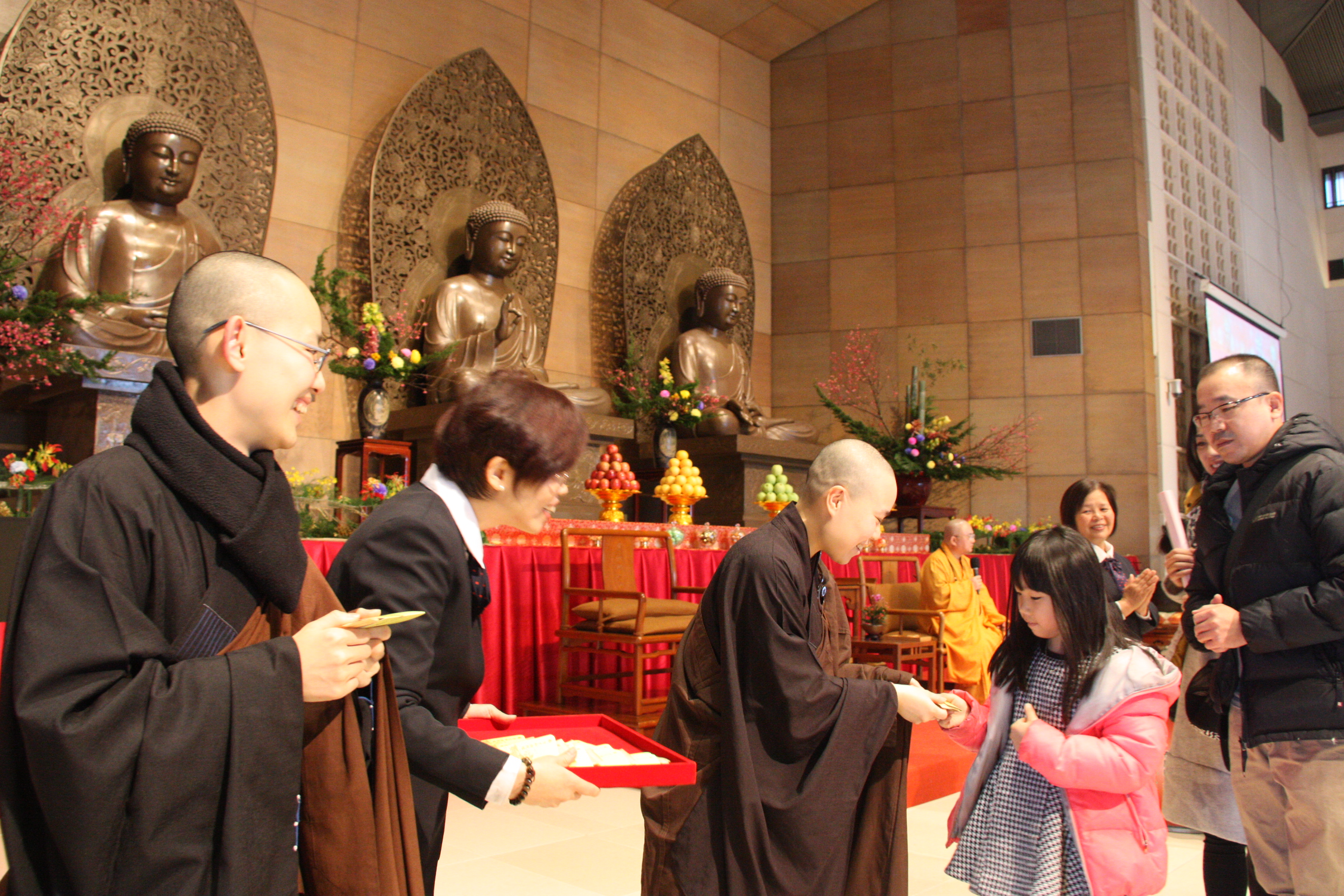
In the west, every New Year is celebrated with firework displays on the eve of the New Year as well as exchanges of greeting cards. In contrast, the Lunar New Year or the Spring Festival is celebrated from the eve of the New Year through the Lantern Festival, which falls on the 15th day of the month. The Lunar New Year is also the most significant festival amongst the three major Chinese festivals, namely, the Spring Festival, the Dragon Boat Festival and the Mid-Autumn Festival. This Chinese New Year 2017 heralds the arrival of the Year of the Rooster, which will start on January 28.
.JPG)
Taiwan’s Lunar New Year also incorporates the use of the “Spring couplet,” a traditional Chinese form of poetic verse. The most important symbol of the Lunar New Year, the Spring couplet celebrates the ‘sweeping away’ of old things to usher in the new. On the day before Chinese New Year’s Eve, people paste the red spring couplet -- usually containing auspicious words such as “Spring,” “Blessing,” and “Abundance” -- on the doors, windows, and rice jar of their homes, along with other suitable places. It not only serves as a telling sign of the coming new year, but also aims to spread good wishes and blessings to all. The atmosphere is joyful, and for the Chinese people it is a time of great happiness and peace.
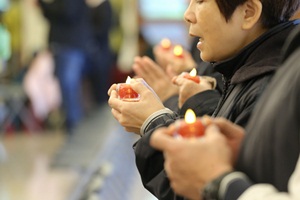
To share social warmth with needy families in the winter, Dharma Drum Mountain Social Welfare and Charity Fountain organized the end-of-year care event at Dharma Drum Mountain World Center for Buddhist Education at 9:30 a.m. on December 17, with around 400 local residents from Jinshan, Wanli, and Keelung participating. Apart from charity materials and gift money, the Praying for Blessings and Spiritual Feast activities also created a heartwarming atmosphere.

PAGE :
1
2
3
4
5
6

|